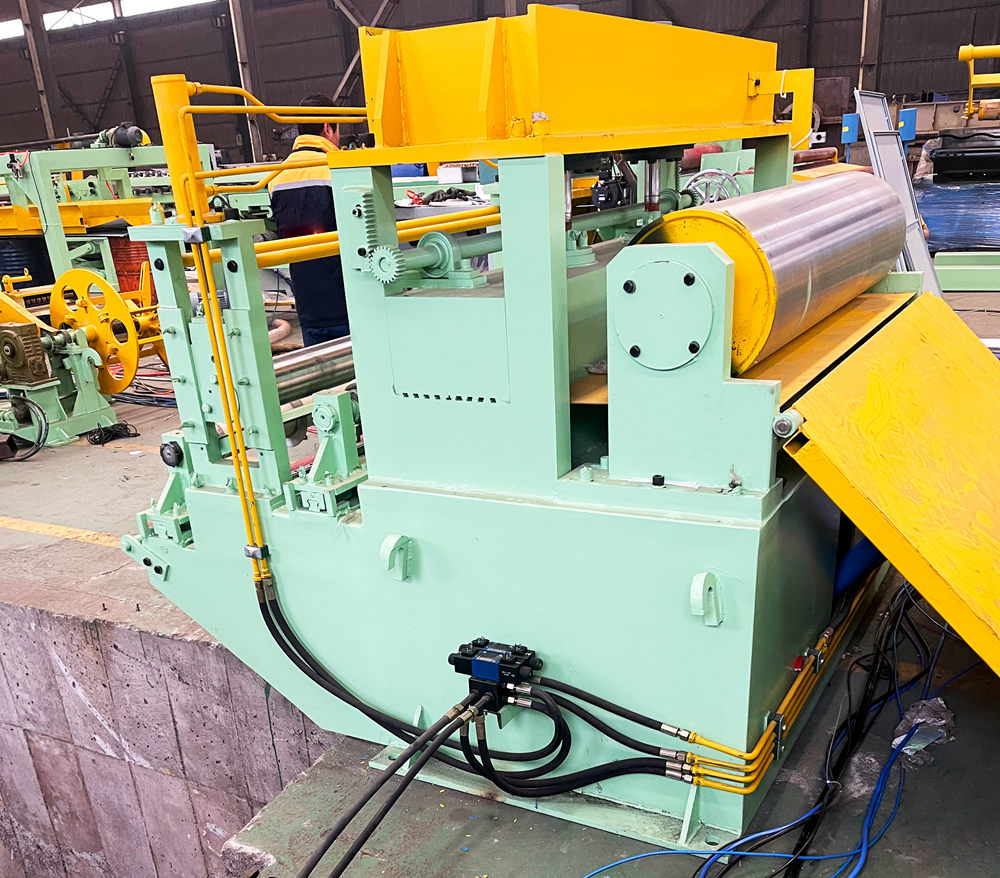
The Future of Automotive Production Car Panel Making Machines
The automotive industry has witnessed significant advancements in manufacturing technology over the past few decades. At the heart of this evolution lies a crucial component car panel making machines. These machines have revolutionized the way automotive panels are manufactured, improving efficiency, precision, and sustainability in the production process.
Car panels, which encompass everything from body panels to structural components, play a vital role in the overall performance and aesthetics of a vehicle. Traditionally, the fabrication of these components involved labor-intensive processes that were often slow and prone to errors. However, with the introduction of advanced car panel making machines, manufacturers can produce high-quality panels at an unprecedented scale.
One of the most notable advancements in car panel making machines is their automation capabilities
. Modern machines are equipped with cutting-edge technologies such as computer numerical control (CNC), which allows for automated precision cutting, bending, and shaping of metal or composite materials. This automation not only speeds up production times but also minimizes the risk of human error, resulting in panels that meet strict quality standards.Another significant benefit of these machines is their ability to work with a wide range of materials. The automotive industry is moving towards the use of lightweight materials, such as aluminum and advanced composites, to enhance fuel efficiency and reduce emissions. Car panel making machines are designed to handle these materials with ease, ensuring that manufacturers can adapt to changing market demands and environmental regulations.

Moreover, car panel making machines contribute to the sustainability goals of the automotive sector. These machines are often designed with energy efficiency in mind, using less power compared to traditional manufacturing methods. Additionally, they can help minimize waste by employing techniques such as laser cutting, which generates less scrap material. The integration of recycling systems in these machines also promotes the use of recyclable materials, further reducing the environmental impact of production processes.
The rise of electric and autonomous vehicles is also driving innovations in car panel making. Manufacturers are increasingly focusing on producing panels that support advanced technologies, such as integrated sensors and lightweight structures that accommodate electric drivetrains. Car panel making machines are evolving to incorporate features that allow for the seamless integration of these technologies, ensuring that new vehicles are not only performance-driven but also equipped for the future.
Furthermore, the digitalization of the manufacturing process through Industry 4.0 is transforming how car panel making machines operate. Smart factories equipped with IoT (Internet of Things) technologies enable real-time monitoring and data analysis, allowing manufacturers to optimize production processes, reduce downtime, and enhance overall efficiency. This interconnected approach is vital for meeting the growing demands of the automotive market while maintaining stringent quality controls.
In conclusion, car panel making machines are at the forefront of innovation in the automotive industry. With their advanced automation, versatility in material handling, sustainability features, and adaptability to new technologies, these machines are essential for manufacturers aiming to stay competitive in an ever-evolving market. As the automotive landscape continues to change, the role of car panel making machines will only become more significant, paving the way for the future of vehicle production. Embracing these advancements will ultimately lead to more efficient manufacturing processes, higher quality vehicles, and a reduced environmental footprint, marking a new era in automotive production.